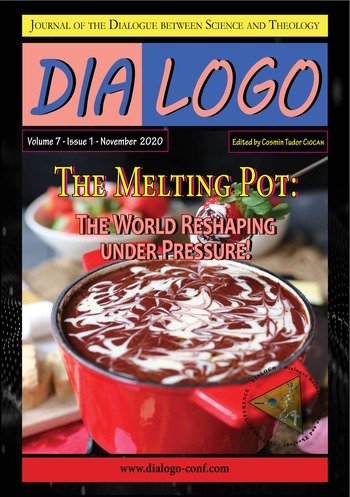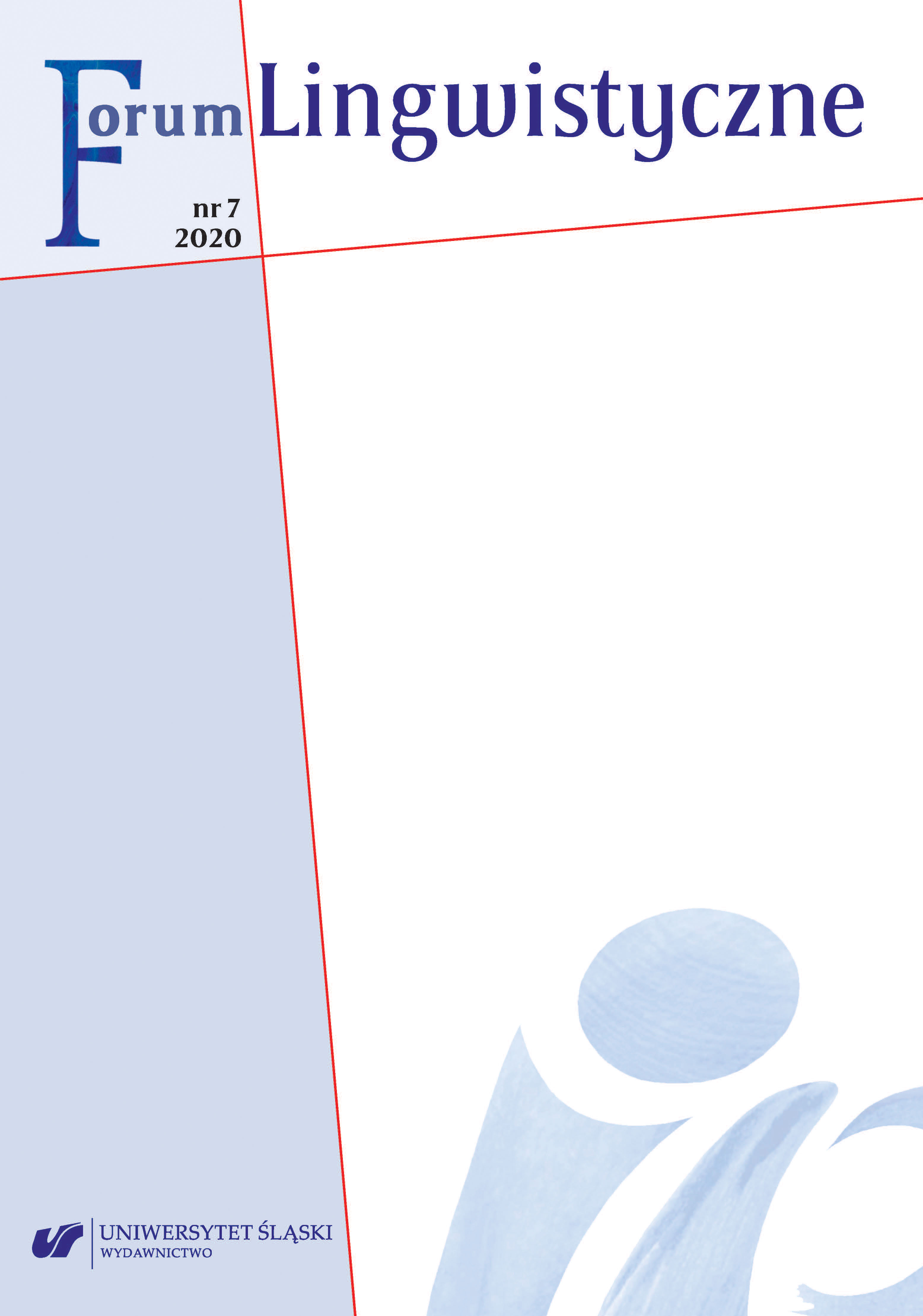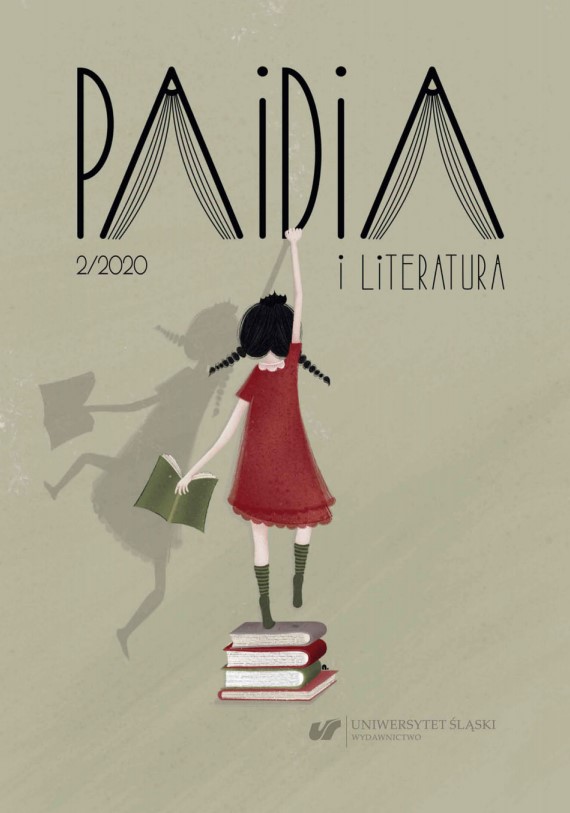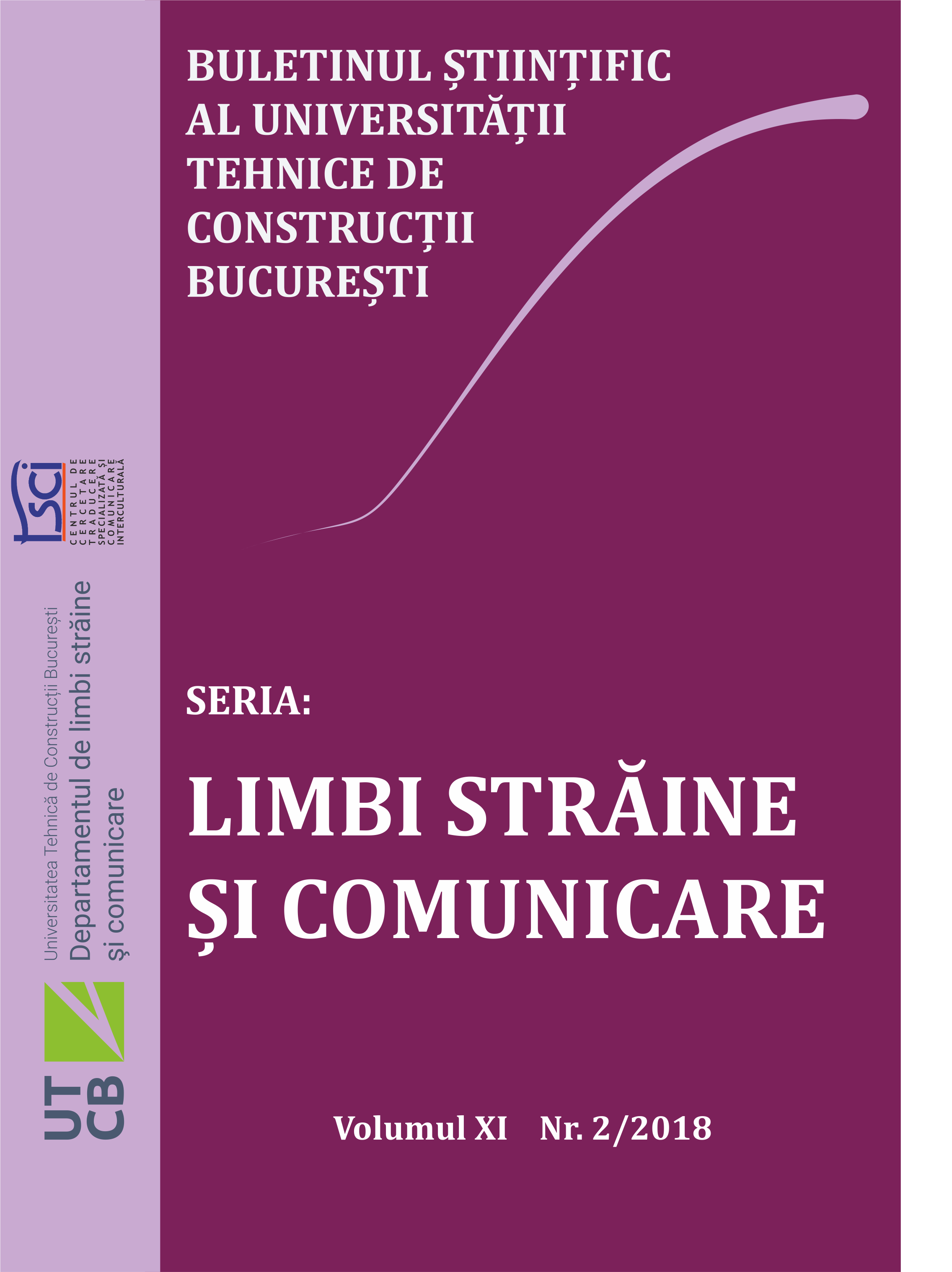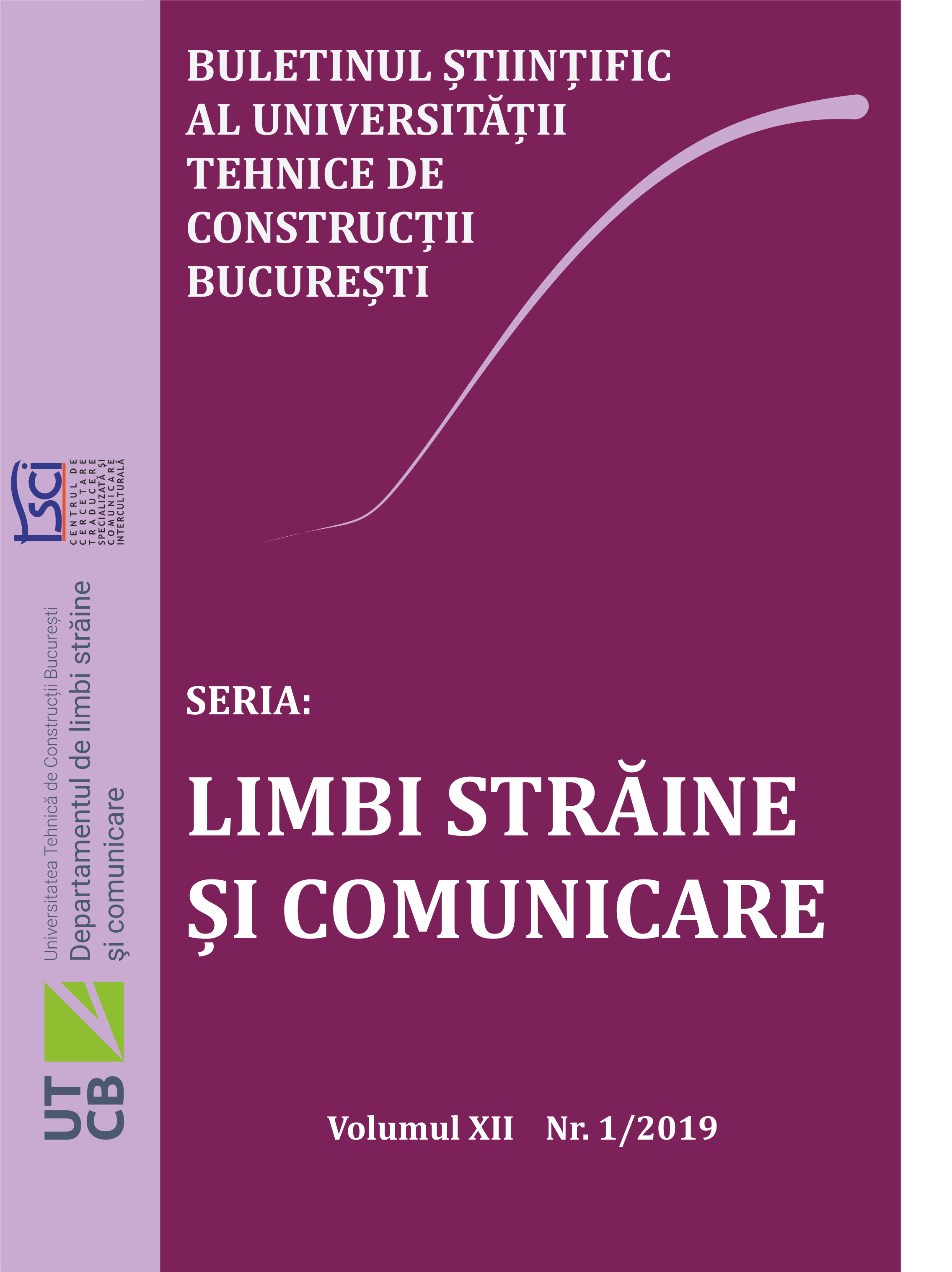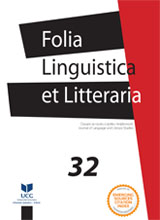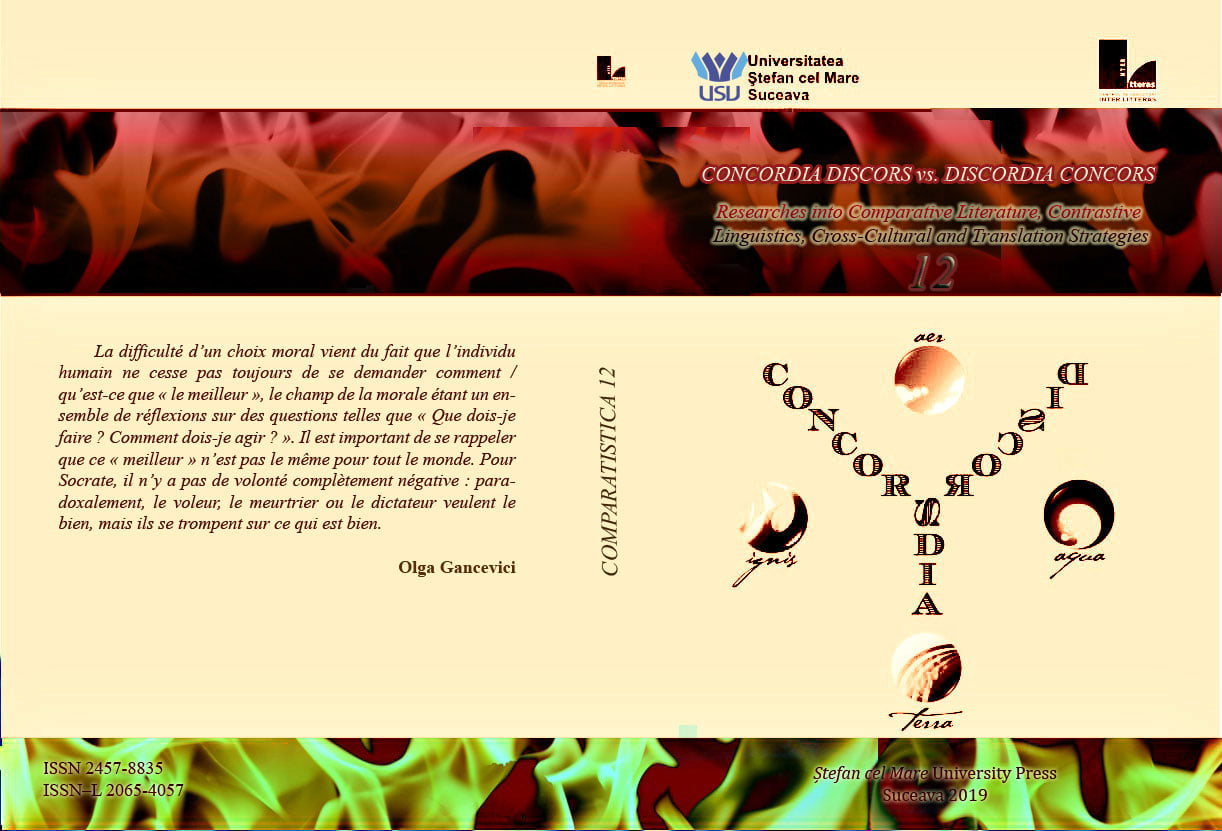
Persona vs. umbra: o radiografie a cerberilor inconștientului dongasparian
The major focus of the present contribution is on the constantlyshifting patterns produced by the persona-shadow interaction as part of theindividuation process which the protagonist is undergoing in Héctor AbadFaciolince‘s novel Asuntos de un hidalgo disoluto, as well as on the archetypalvalues attached to the shadow aspect. With the latter viewed not as a generatorof, much rather as a complement to the anti-self, or, better put, as a haven forfertile forces lying dormant, our research is delving deep into both the novel‘ssocial-historical context and Don Gaspar‘s inter- and intrapersonalrelationships, in an attempt to tear off his mask and expose the multitude offacets which he makes a huge effort to hide. What we actually see is a mostbizarre blend of uranian and chtonian traits, perpetually torn betweencentripetal and centrifugal tendencies, assimilation and dissimilation,censorship and unboundedness, denial and acceptance, inferiority andsuperiority, self-effacement and self-assertion, which simply baffles the readerwhen, in abruptly giving up his desire to rise to fame, Don Gaspar first gives into his compulsion to be reduced to anonymity and, as a last resort, to sheernothingness.
More...
